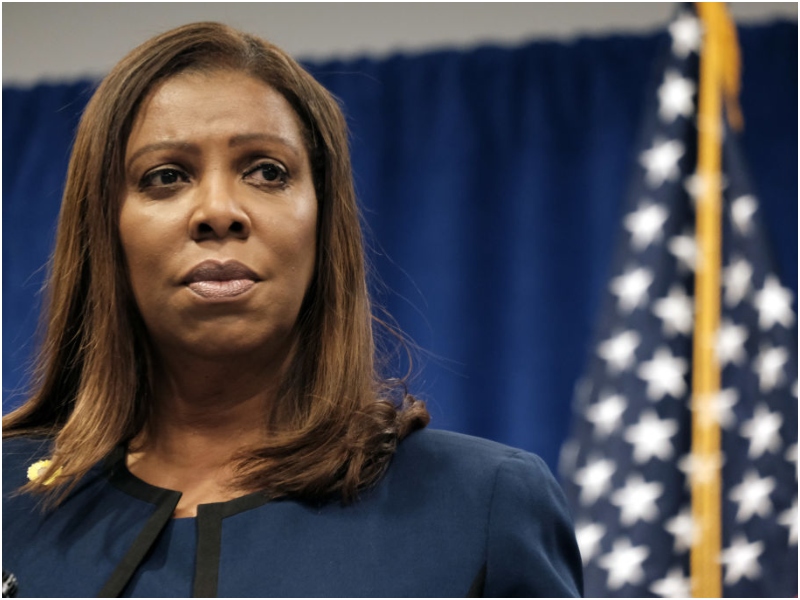Letitia James, the Attorney General of New York and a vocal advocate for stricter gun control measures, praised the recent Supreme Court ruling in United States v. Rahimi.
The court, in an 8-1 decision, upheld a federal law prohibiting individuals under domestic violence restraining orders from possessing firearms, with Justice Clarence Thomas dissenting.
James expressed her approval of the ruling, noting its role in protecting vulnerable individuals and preventing firearms from falling into dangerous hands.
“Gun safety laws save lives,” James stated. “I am pleased with the U.S. Supreme Court’s decision to uphold the federal law that stops domestic abusers from legally possessing firearms. This law, and similar statutes across the nation, provide essential protections and ensure sensible precautions in gun safety.”
The case centered around Zackey Rahimi, a Texas resident accused of multiple incidents involving firearms, including threatening behavior and firing shots in public places.
Previously, the 5th U.S. Circuit of Appeals had overturned the federal ban, citing concerns over Second Amendment rights.
The Supreme Court’s decision reversed this ruling, reinstating the prohibition on firearm possession for those under domestic violence restraining orders.
James, alongside 25 other state attorneys general, had filed an amicus brief urging the Supreme Court to uphold the ban. The brief underscored the critical role of such laws in safeguarding victims of domestic violence from potential harm.
Chief Justice John Roberts, writing for the majority, emphasized the constitutionality of restricting firearm access in cases where individuals are deemed a threat to intimate partners’ safety.
“When a restraining order identifies an individual as posing a credible threat, the Second Amendment allows for restrictions on firearm possession,” Roberts asserted in the decision.
In contrast, Justice Thomas argued in his dissenting opinion that the government had not adequately demonstrated the law’s alignment with historical interpretations of the Second Amendment.
The Supreme Court’s ruling marks a significant development in firearms regulation following recent decisions, including last week’s overturning of a Trump-era ban on bump stocks, underscoring ongoing debates over Second Amendment rights and public safety measures.
James’ advocacy and the Supreme Court’s decision reflect broader efforts to balance constitutional rights with measures aimed at preventing gun violence, particularly in cases involving domestic disputes and restraining orders.

